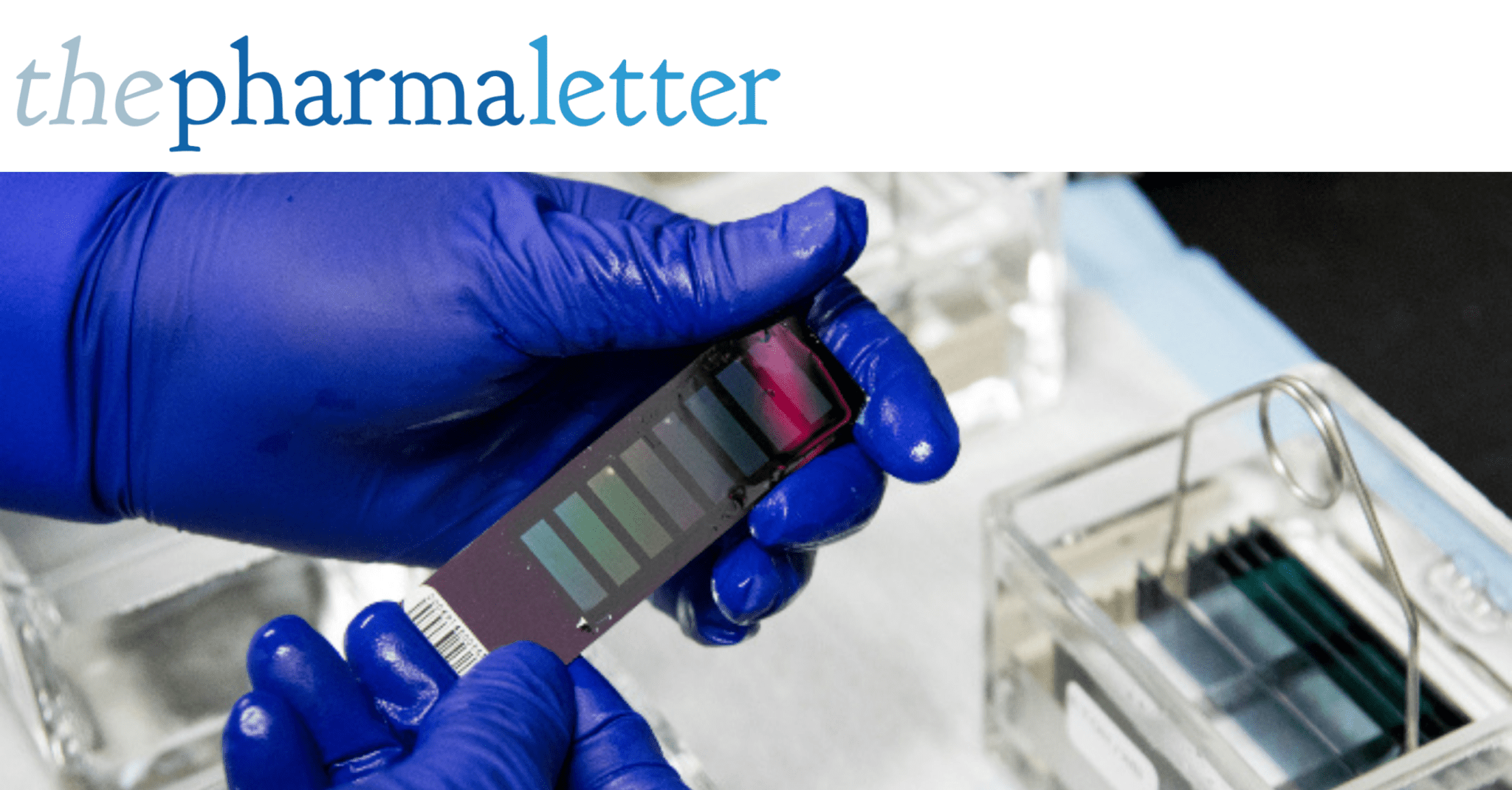
As the World Health Organization (WHO) calls for advancements to combat serious infections, one American firm is raising awareness about its work on nanoparticles. As the world faces an increasing threat from antimicrobial resistance (AMR), the WHO is urging life science firms to find ways to replace ineffective treatments. Based in Utah state capital Salt Lake City, EVŌQ Nano has introduced a nanoparticle, EVQ-218, aimed at addressing this urgent need.
In partnership with the Cystic Fibrosis Foundation, EVŌQ has developed an inhaled therapeutic using EVQ-218 for pulmonary bacterial infections in cystic fibrosis patients. The company has completed a successful pre-IND meeting with the US Food and Drug Administration and is advancing toward Phase I clinical trials.
Antimicrobial resistance
The WHO identifies AMR as a top 10 global public health threat. AMR occurs when pathogens evolve to withstand existing medicines, resulting in more severe illnesses and higher mortality rates.
EVQ-218’s novel mechanism of action disrupts bacteria’s metabolic processes without triggering resistance, an approach which EVŌQ believes could position it as a significant development in the fight against AMR. Chief executive Shaun Rothwell said: “EVQ-218 represents the kind of innovation the WHO is calling for in the fight against antibiotic-resistant bacteria.”
“While WHO reports only 12 out of 32 antibiotics in development can be considered innovative, our nanotechnology offers a truly novel approach to eliminating bacteria without contributing to the growing crisis of antimicrobial resistance,” he added. Characterized as a new form of silver, EVQ-218 is the first non-ionic silver nanoparticle with effective antimicrobial action devoid of cytotoxicity.